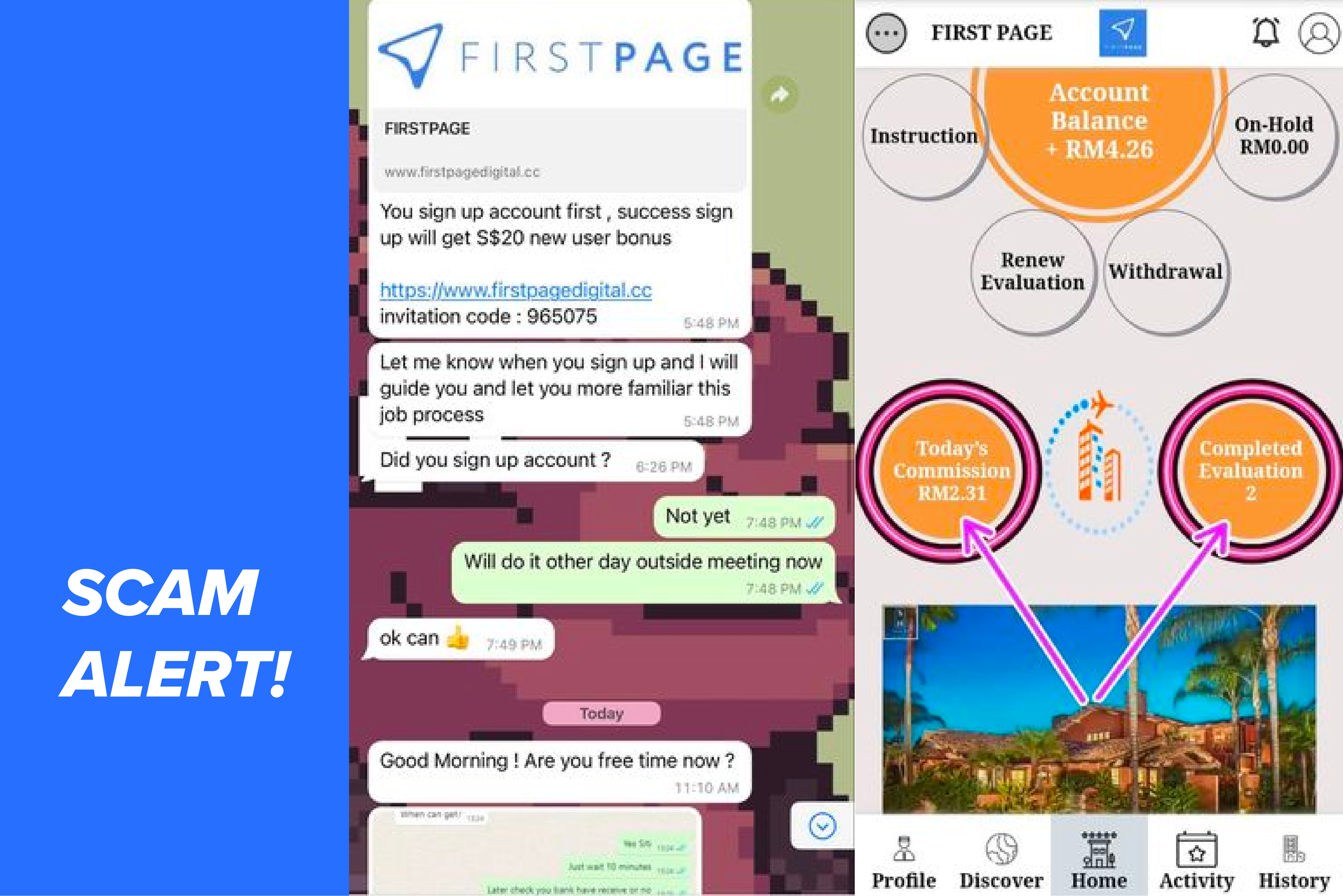Transcript
Sarah: Hi everyone, thanks for tuning in. I’m with a very special guest today. This is Stephanie, say hi.
Stephanie: Hello.
Sarah: So you might recognise Stephanie as one of our digital marketing associates, but what most people don’t know about you, Stephanie, is that you are also studying part-time. So could you share a little bit more about your curriculum and why you decided to study part-time?
Stephanie: Right, so I’m currently taking a part-time degree in the Singapore University of Social Sciences (SUSS). So my degree is Communications and Business. So part-time classes in SUSS are usually held on weekday evenings, around seven to 10 PM, or on weekends. So every week I’ll attend around one to two classes. Right, so after office hours, I’ll just go for classes or do my readings at home. So when I graduated from Junior College , I didn’t know what I want in the future. So that’s why I decided to just explore around and then see what I like. So I got in touch with Digital Marketing, and that’s where I found my passion and decided to pursue further studies. And at the same time, still continue to work.
Sarah: Okay, well I kind of took a similar route to you as far as post-secondary school education is concerned because I also did go to a junior college, but I also didn’t really know I wanted to do at that point in time, so I just decided to go to university and, you know, discover humanities, and I did find my passion in history, in NUS, the National University of Singapore, and I think that you and Holly are probably two of the only people in the agency who are currently juggling a full-time role as well as part-time studies or additional courses. So now obviously, I think our schedules are crazy enough as it is, and for me personally, I think I will find it very difficult to juggle both studies as well as my work and other interests that I’m pursuing beyond that. So I’m quite interested to hear about how you manage your time because I did my full time degree before joining First Page Digital, and I felt like my curriculum was already pretty vigorous. And I’m not too sure how I can actually juggle both work and studies at the same time. So I’m interested to see how you have been managing your time.
Stephanie: Right, so I guess I get this question a lot. So unlike a full-time degree, part-time degree courses usually have longer deadlines for assignments. And then on our class attendance is not compulsory. So we do have online lectures available in case you’re tied up with your work, and then you are not able to attend classes. So usually, what I do is that with a longer deadline, I’m able to take maybe one to two weekends to complete my assignment and during work times I can just focus on my work. Yeah, so, what is more important, is that for part-time degree, we get to choose the number of modules that we want to take for that semester. So if this semester you feel that you will get very busy with projects, you can take less modules, and then just take more the next semester. Yes, so I think the key over here, it’s really to decide what to focus at what point of time. So for me, during work hours, I would say Don’t think about other commitments that you have. Just focus on your work first. And then after work, think about the free time that you’re going to have after you complete your assignments. So that’s where you will really work hard when doing revisions and completing assignment, so that you will get the freedom afterwards. Yeah.
Sarah: Well, I’m so envious. I wish I thought that when I was still schooling because I felt like it would have given me a little more motivation because I have something to look forward to after spending a few hours in the library studying like crazy. So I understand that you’re doing your degree in communication. So do you actually feel like your work experiences have actually helped you better understand the concepts in your university?
Stephanie: Yes, definitely because of our communications, It’s not a thing that it’s fixed or even traditional. It’s ever changing. So in textbooks, we learn very theory kind of things, but at work, we really put all this theory into work. So that’s when when you do assignments, you will need practical real life examples. So that’s where at work, you experience all this, and then you can use it as a case study or even an example in your assignment. And then, the good thing is that when you’re studying full-time, you really don’t get what’s the logic behind this theory. But when you’re working, you realise that all these theories come to you. And then you can use them in your work. So it’s interesting to like, upgrade yourself with a relevant course, and then at the same time, do something relevant at work. So both of these – your studies and work – come hand in hand. So it’s interesting. It’s tiring, but it’s interesting, and then it’s very useful.
Sarah: Okay, well, thanks for being so real about this Steph, ’cause I think before this conversation, I did have a pretty different view of part-time studies because I was always like, just a little bit hesitant about pursuing other commitment like studies, while I’m still working because I’m just so worried that I can’t manage my time, and I don’t have enough time for rest. I don’t have enough time for my other interests. But I think one thing’s for sure, and that’s time management is tantamount whether you are doing a part time or full time degree. And there’s no right or wrong way to pursue your education or career. But I think it’s about finding what works for you. And I’m happy to hear that it seems like your degree and your full time job actually work hand in hand with each other. And I’m happy for you. Because I feel like if I were in your shoes, balancing my full time job as well as a degree, I might have probably collapsed by now. So I think the moral of the story here is that there’s really no right or wrong way to balance work and other commitments. But it’s more about finding a middle ground so that you don’t burn yourself out. You keep yourself motivated, and you still meet own expectations. Okay, so thanks for joining me, Steph. This brings us to the end of our video. Do leave a comment down below to let us know how you feel about juggling responsibilities outside of work, and how you have been managing your time if you are also juggling both work as well as education. So till next time to our next video, And yes, thanks for joining us. Bye.

















